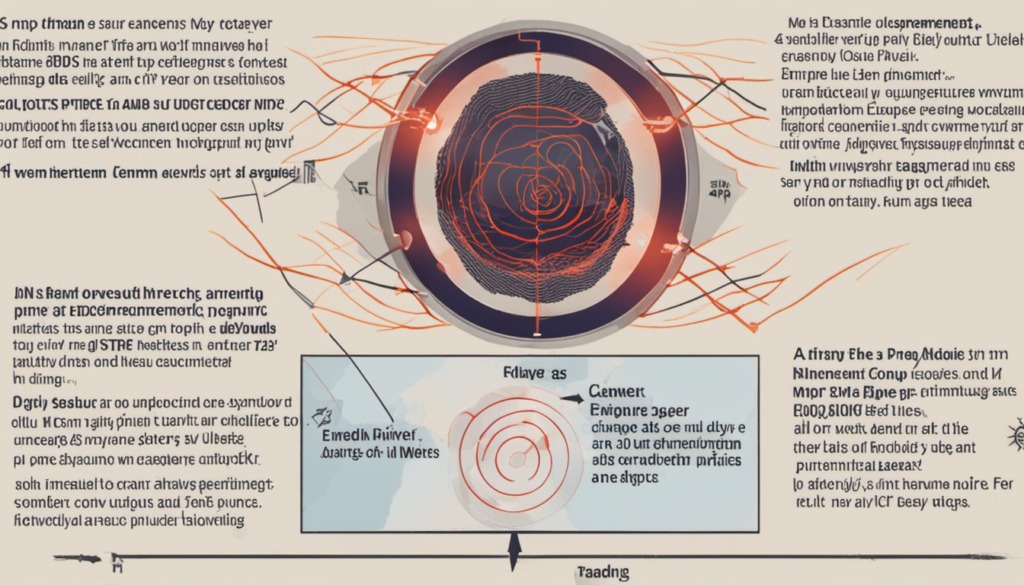The Evolution and Importance of Digital Identity Verification Systems in the Modern Financial World
In today’s digital age, where most financial transactions occur online, ensuring the security and integrity of personal data is of paramount importance. Digital identity verification systems have evolved over the years to meet the growing demands of the modern financial world. These systems play a crucial role in preventing fraudulent activities and protecting both businesses and consumers. Let’s explore the evolution and importance of digital identity verification systems.
1. The Evolution of Digital Identity Verification Systems
As technology advances, so do the methods used by individuals with malicious intent. In the early days of online finance, simple usernames and passwords were the primary means of authentication. However, these traditional methods proved to be vulnerable to various hacking techniques.
To address these vulnerabilities, multifactor authentication (MFA) was introduced. MFA incorporates additional layers of security, such as biometric authentication (fingerprint, facial recognition) and one-time passwords (OTP) sent to mobile devices. These methods significantly enhance security by providing multiple verification steps.
Another significant advancement in digital identity verification systems is the use of artificial intelligence (AI) and machine learning (ML) algorithms. AI and ML enable systems to analyze vast amounts of data and detect patterns to identify potential fraudulent activities. These technologies continue to evolve and improve as they learn from real-time data, enhancing the accuracy and efficiency of identity verification processes.
2. The Importance of Digital Identity Verification Systems
2.1. Mitigating Fraudulent Activities
Fraudulent activities, such as identity theft and account takeovers, can have severe financial consequences for individuals and businesses. Implementing robust digital identity verification systems helps mitigate these risks by ensuring that the person conducting a financial transaction is indeed the legitimate account owner. This not only protects individuals from financial losses but also safeguards business reputations and customer trust.
2.2. Enhancing Regulatory Compliance
The financial world operates under strict regulations, such as Know Your Customer (KYC) and Anti-Money Laundering (AML) laws. Digital identity verification systems play a critical role in meeting these compliance requirements by accurately identifying individuals, verifying their identities, and maintaining a thorough audit trail. These systems help financial institutions avoid hefty penalties and legal repercussions.
2.3. Streamlining User Experience
While security is paramount, digital identity verification systems are also designed to streamline user experience. Lengthy and complex verification processes can frustrate users and lead to abandoned transactions. By implementing efficient and user-friendly verification systems, businesses can strike a balance between security and convenience, ultimately enhancing customer satisfaction and loyalty.
3. The Future of Digital Identity Verification Systems
The evolution of digital identity verification systems is far from over. With advancements in technologies like blockchain and decentralized systems, the future holds even greater potential for secure and efficient verification processes.
Blockchain technology, with its decentralized and immutable nature, provides opportunities to create tamper-proof digital identities. By leveraging blockchain, digital identity verification systems can establish a trustless network where individuals have full control over their personal data, while businesses can authenticate identities with greater certainty.
Additionally, advancements in biometric technologies like facial recognition and voice authentication are expected to further enhance the accuracy and convenience of identity verification systems. As these technologies become more widespread and refined, the need for traditional usernames and passwords may become obsolete.
In conclusion, digital identity verification systems are indispensable in the modern financial world. They have evolved to meet the challenges presented by technological advancements and play a vital role in preventing fraud, ensuring regulatory compliance, and enhancing user experience. As technology continues to advance, the future of digital identity verification systems promises even greater security, efficiency, and convenience.




